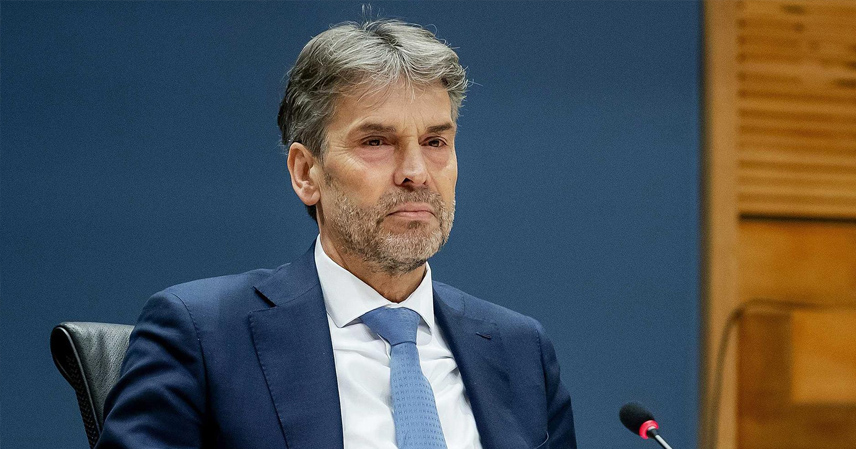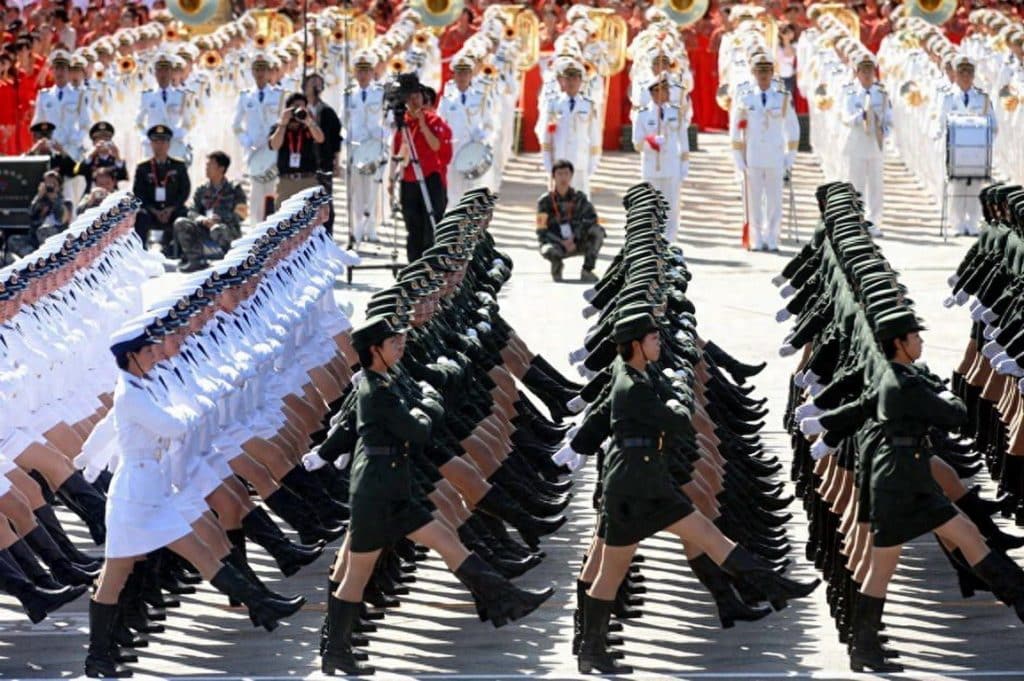The Dutch government’s move to seize control of Nexperia, a semiconductor firm with Chinese ownership, has triggered a wave of backlash and skepticism. Officials in The Hague insist the action was purely coincidental and unrelated to U.S. export control policies. But court documents and market reactions tell a very different story.
On October 14, the Dutch Ministry of Economic Affairs emphasized repeatedly that freezing Nexperia’s assets, intellectual property, and management authority had “nothing to do” with American pressure. However, leaked court materials from the same day appear to contradict that claim.
According to the documents, U.S. officials met with Dutch counterparts in The Hague as early as June, suggesting that Washington would consider removing Wingtech Technology—Nexperia’s Chinese parent company—from the U.S. Entity List if the firm replaced its Chinese CEO with someone “untainted by Chinese influence.”
The Netherlands reportedly relayed this demand directly to Nexperia and promised to help secure policy concessions in return. Within weeks, The Hague invoked the “Goods Supply Act” to suspend the authority of Nexperia chairman Zhang Xuezheng, installed a foreign executive team, and placed a large portion of shares into a state-controlled trust.
Officially, the Dutch government justified the intervention as a matter of “automotive chip security.” But the speed and precision of the move left little doubt that political motives outweighed business rationale. No independent audit, no security review, and no corporate governance report were released to support the drastic measure.
Market and Diplomatic Fallout
For Nexperia, the consequences are severe. The company generates nearly 15 billion yuan (approx. $2 billion) in annual revenue, with 70–80% of its customers based in mainland China. The sudden loss of operational control immediately jeopardized its largest market.
Facing potential collapse, Nexperia is now appealing to Chinese regulators for dialogue and exemptions, hoping to preserve some of its business ties. Yet, industry observers note that once Beijing enforces restrictions, “old partnerships mean little.”
If China were to impose retaliatory measures—such as restricting raw material exports or limiting market access—Nexperia could lose half of its Chinese orders overnight, affecting not only its operations but also thousands of Dutch manufacturing jobs and up to 80% of the country’s semiconductor tax revenue.
The risks extend beyond Nexperia. China’s rare-earth export regulations already threaten to tighten supplies for ASML, the Dutch lithography giant, and other precision-equipment manufacturers. If Chinese rare-earth exports are curbed further, the entire Dutch semiconductor sector could face severe supply chain disruptions, undermining Europe’s chip ambitions.
Europe’s Uneasy Position
Nexperia’s situation highlights Europe’s growing vulnerability in the U.S.-China tech rivalry. Once confident in its role as a neutral manufacturing hub, the Netherlands now finds itself caught between Washington’s geopolitical agenda and Beijing’s economic leverage.
In response, the China Semiconductor Industry Association voiced strong support for Wingtech Technology, calling for international legal action to challenge the Dutch government’s decision. The Chinese Ministry of Foreign Affairs also criticized the move, warning against “mixing business with politics.”
Even within Europe, doubts are emerging. The European Commission has stated it is “closely monitoring developments,” signaling unease over the potential economic fallout.
Strategic Misstep or Political Overreach?
By distancing itself from U.S. influence while following a course that clearly aligns with Washington’s goals, the Dutch government risks undermining its own credibility. Critics argue that seizing a profitable, China-linked firm without transparent justification sets a dangerous precedent for foreign investment in Europe.
Economists warn that if the freeze on Nexperia’s assets lasts until 2026, the company’s market share could shrink permanently as clients shift to alternative suppliers. Once European automakers rebuild their supply chains, trust in Dutch firms may be slow to return.
As one analyst noted, “The Netherlands may have won a short-term political favor, but it risks long-term economic isolation.” With tax revenues, jobs, and industrial confidence on the line, the country could soon find itself turning back to China for relief—the very nation it sought to sideline.
For now, Nexperia’s fate hangs in limbo, caught between two superpowers and a Europe struggling to define its strategic independence.



